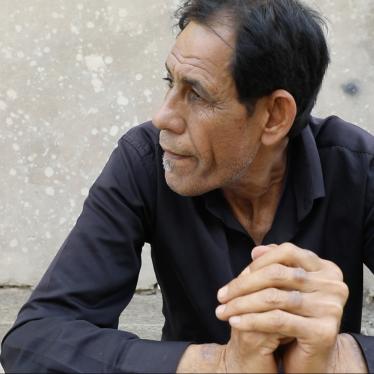Today marks two years since the first of Edward Snowden’s revelations about United States government surveillance shocked the world. Yet despite the international debate on privacy and the proper role of government surveillance that his disclosures set in motion, Snowden remains in precarious exile in Russia, facing charges in the US under the antiquated Espionage Act.
At present, US law does not allow a person charged under the Espionage Act to raise as a defense that the public benefit of exposure of official misconduct outweighs any harm caused by the revelation. And Congress has made no legislative progress to reverse this gap or provide alternative ways for whistleblowers to alert the public of matters of great importance without fear of prosecution.
Current whistleblower law permits intelligence community employees to report an “urgent concern” through a set channel, but it does not protect those who disclose information from retaliation nor provide any defense in the event of criminal prosecution. Intelligence contractors like Snowden are not even covered by this law, though a bill introduced in the Senate in March seeks to extend existing protections to contractors and their employees.
Under the Obama administration, the number of people charged with violating the Espionage Act for leaking classified or national defense information has soared, and has resulted in hefty punishments. Chelsea Manning, convicted on six counts, was sentenced to 35 years in prison in August 2013.
The current reforms to US surveillance practices are almost inconceivable without Snowden’s disclosures to the public. Yet even as Congress now takes up surveillance legislation, another year passes in which it has studiously avoided national security whistleblower reform.
The real debate (filibusters and all) on section 215 of the USA Patriot Act and the passage of the USA Freedom Act must have given some satisfaction to Snowden, but it is just the beginning of the reforms that his revelations should impel. Until it is acknowledged that whistleblowers who reveal government misconduct to the media deserve protection in certain circumstances, an important pressure valve that protects democracy will be relegated to those rare instances where a conscience-stricken individual is willing to sacrifice his or her future.
It shouldn’t be that way.









